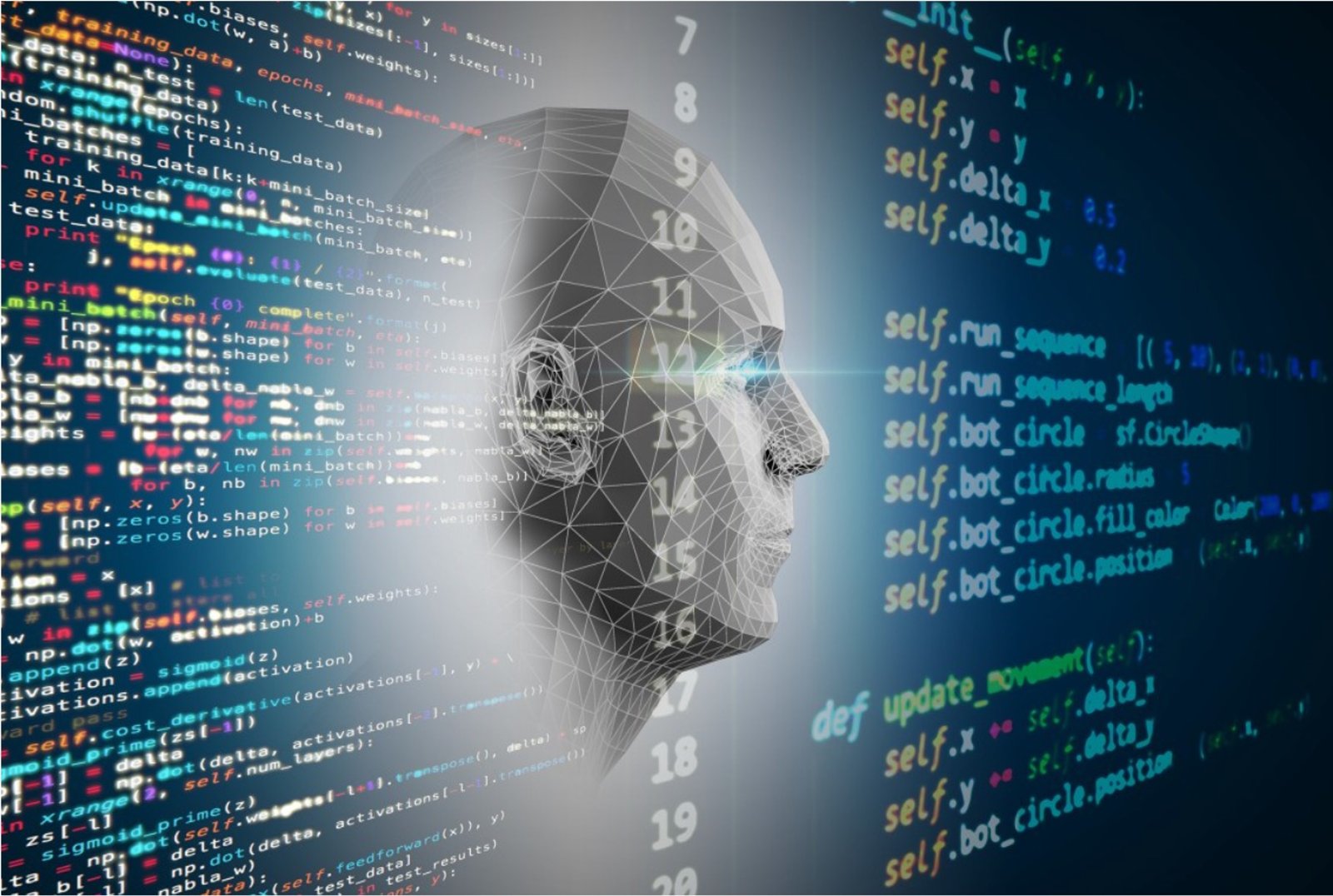Data has become one of the most critical resources in today’s digital-first world. Advanced Data Science and Machine Learning are enabling companies, governments, and research organizations to make smarter decisions, predict future trends, and democratize innovations at scale.
Technology is continually evolving, and the areas within these fields are becoming broader and more complex. This blog is touching on the deep waters of Data Science and Machine Learning and how these two fields can intersect, and also why it is imperative that one learns more about them in order to prepare to be a professional who can face the future.
Introduction
The rapid adoption of automation, artificial intelligence, and predictive analytics has propelled Data Science into a new era. No longer confined to simple descriptive analytics, today’s data science certification courses teach professionals to handle complex algorithms, vast datasets, and cutting-edge AI tools.
Advanced Data Science integrates data analysis and statistical analysis techniques, coding skills and subject matter expertise, along with machine learning models to find more profound information and empower autonomous decision-making schemes.
In the meantime, Machine Learning is concerned with the concept of making systems learn through their data to get better without being instructed. The combination of the two is the basis of smart automation in all industries.
The Evolution of Data Science and Machine Learning
Data Science and Machine Learning have evolved rapidly in the past decade:
- From Descriptive to Prescriptive Analytics – Moving beyond “what happened” to “what should we do next.”
- Integration with AI – Machine Learning algorithms are now embedded into AI systems to power intelligent decision-making.
- Scalable Solutions – Cloud computing and distributed processing allow massive datasets to be processed in real time.
- Industry-Specific Applications – Tailored models are transforming finance, healthcare, e-commerce, and manufacturing.
Core Components of Advanced Data Science
- Big Data Processing – Using tools like Apache Spark and Hadoop for large-scale data handling.
- Advanced Statistical Modelling – Applying Bayesian inference, regression models, and time-series forecasting.
- Machine Learning & Deep Learning – Leveraging supervised, unsupervised, and reinforcement learning.
- Data Engineering – Ensuring efficient data pipelines for analysis and model training.
- Data Visualisation – Using platforms like Tableau and Power BI for actionable insights.
Advanced Machine Learning Techniques
Machine Learning forms the heart of predictive and prescriptive analytics. Some advanced approaches include:
- Ensemble Methods – Combining multiple models (like Random Forest and Gradient Boosting) for better accuracy.
- Deep Neural Networks – Powering speech recognition, image classification, and natural language processing.
- Reinforcement Learning – Used in robotics, autonomous vehicles, and recommendation engines.
- Transfer Learning – Reusing pre-trained models to accelerate development in niche domains.
Real-World Applications of Advanced Data Science and ML
Healthcare
- Predicting patient risks based on medical history.
- Accelerating drug discovery through AI-powered simulations.
Finance
- Fraud detection using anomaly detection algorithms.
- AI-driven investment strategies and portfolio optimisation.
Retail & E-commerce
- Personalising product recommendations.
- Dynamic pricing models to adapt to market conditions.
Manufacturing
- Predictive maintenance to reduce downtime.
- Supply chain optimisation using real-time analytics.
Skills Required to Master Advanced Data Science and ML
Professionals aiming to excel in these fields must develop:
- Programming Skills – Python, R, and SQL for data manipulation and model building.
- Mathematics and Statistics – Strong understanding of probability, linear algebra, and statistical inference.
- Machine Learning Knowledge – Familiarity with algorithms, neural networks, and model evaluation.
- Domain Expertise – Industry-specific knowledge to build relevant solutions.
- Communication Skills – Ability to present insights clearly to non-technical stakeholders.
The Role of Ethics and Explainability
As AI-powered decision-making grows, ethical concerns become increasingly critical:
- Bias in AI Models – Ensuring training datasets are inclusive and unbiased.
- Transparency – Making AI models explainable to build trust.
- Data Privacy – Complying with regulations like GDPR to protect user information.
Responsible AI practices are crucial for maintaining trust and credibility in AI-driven solutions.
Future Trends in Advanced Data Science and ML
- Automated Machine Learning (AutoML) – Making ML accessible to non-experts.
- Edge AI – Bringing AI processing closer to data sources for faster results.
- Generative AI – Enabling creative content generation and simulation models.
- Quantum Machine Learning – Using quantum computing to solve complex ML problems faster.
Why Now Is the Best Time to Upgrade Your Skills
There is a huge demand for professionally skilled Data Science and Machine Learning practitioners. Organisations are readily recruiting those who can:
- Design business solutions that use AI.
- Obtain tangible information in raw data.
- Understand technical and business.
Professionals can leverage data science certification courses to gain structured, industry-relevant expertise and make themselves stand out in this competitive job market.
Conclusion
Advanced Data Science and Machine Learning are no longer niche skills; they are strategic enablers for innovation and competitive advantage. From powering autonomous systems to predicting market shifts, their applications are limitless.
For professionals seeking to make a mark in this evolving field, data science courses provide the ideal blend of technical skills, domain expertise, and real-world experience. Investing in structured learning today can open doors to high-impact roles tomorrow.
In the coming years, those who understand and master these advanced techniques won’t just participate in the data revolution, they will actually lead it.

